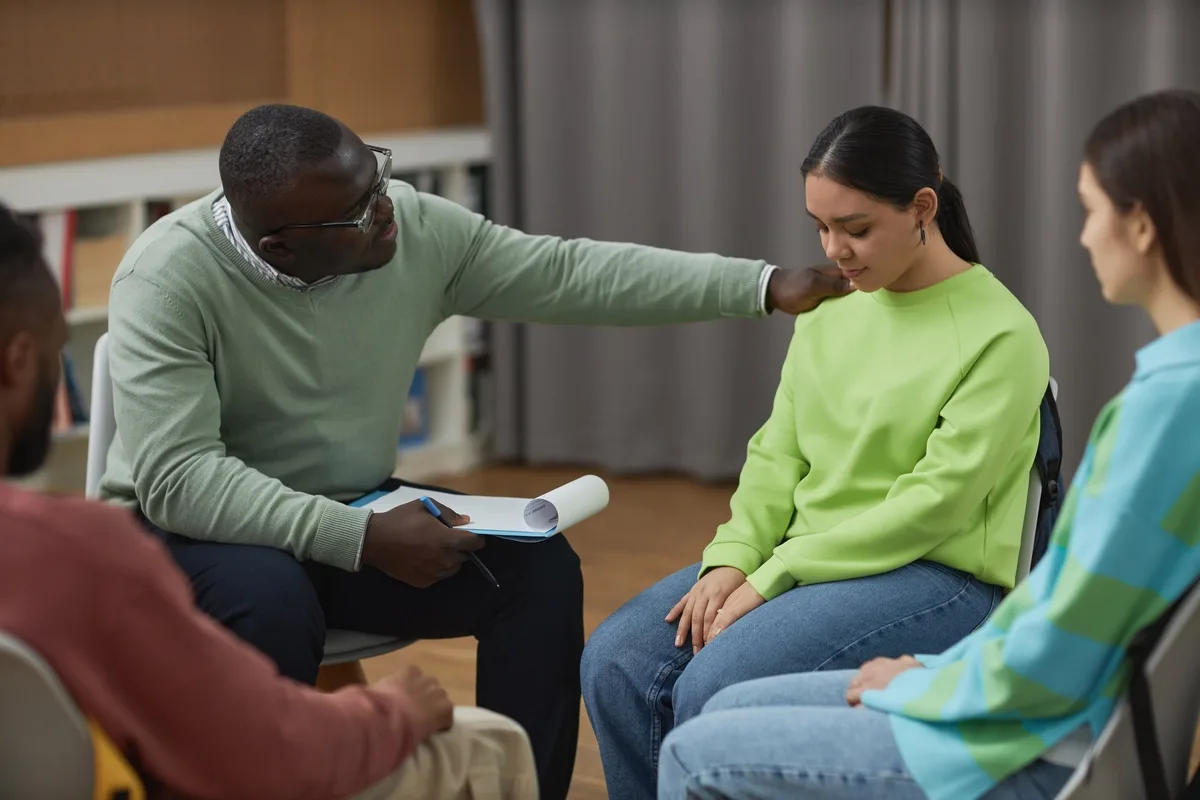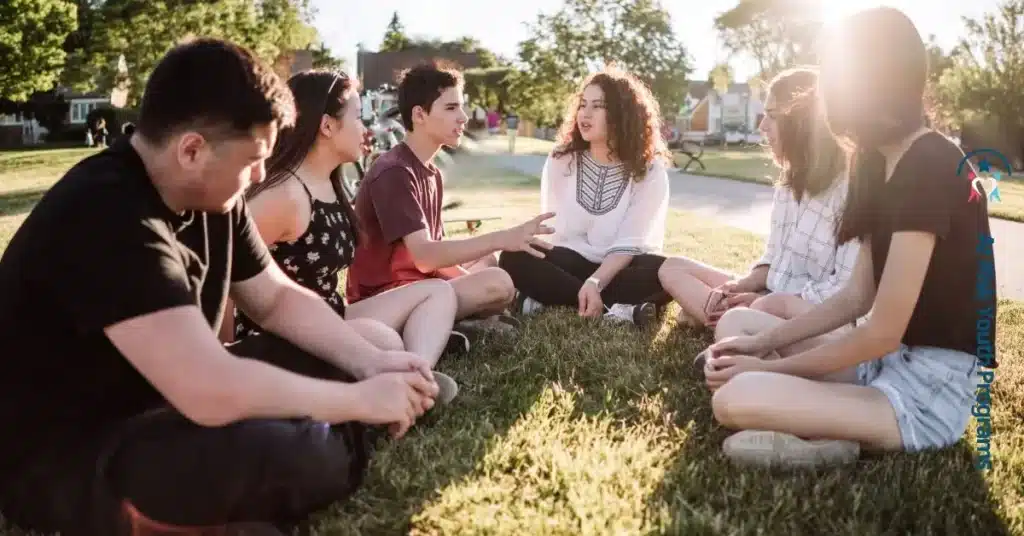24/7 Helpline:
(866) 899-111424/7 Helpline:
(866) 899-1114
Learn more about Group Therapy centers in Russiaville
Group Therapy in Other Cities

Other Insurance Options

Carleon

Ambetter

Health Partners

Group Health Incorporated

CareSource

Excellus

WellCare Health Plans

Absolute Total Care

State Farm

Horizon Healthcare Service

Sutter

Covered California

Meritain

MHNNet Behavioral Health

Regence

Amerigroup

Anthem

Ceridian

United Health Care

Aetna









The Gilead House
The Gilead House is a Non-Profit rehab center located in Indianapolis, IN. The Gilead House speciali...

Four County Counseling Center
4C Health Solutions is a dual diagnosis behavioral health treatment center located in Kokomo, IN. Wi...

First City Recovery Center
Freedom is within reach at First City Recovery Center. Based out of Kokomo, Indiana, FCRC offers a f...

Community Howard Behavioral Health Services
Community Howard Behavioral Health Services offers the complete realm of behavioral care to treat th...






























AA – Alcoholics Anonymous
AA – Alcoholics Anonymous is a private rehab located in Kokomo, Indiana. AA – Alcoholics Anonymous s...







